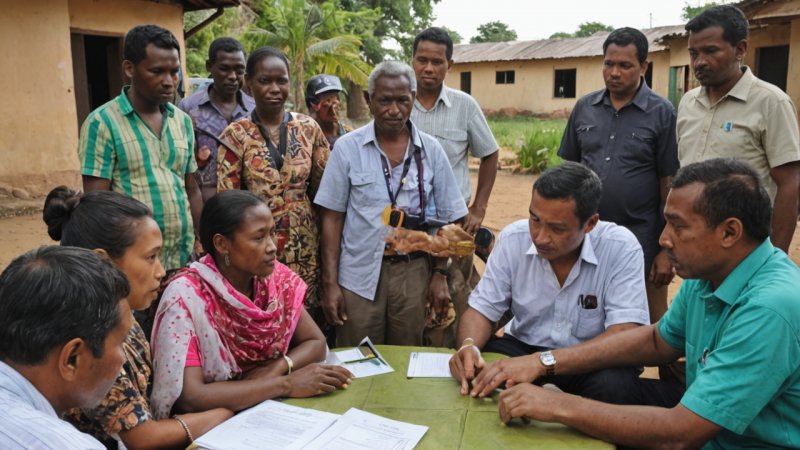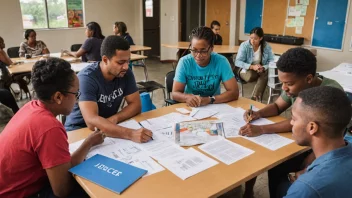In an era marked by rapid change and complexity, Non-Governmental Organizations (NGOs) have emerged as key players in the realm of community development. Their ability to adapt to local needs and implement effective programs has made a profound difference in addressing social, economic, and environmental issues. NGOs serve as facilitators of change, working closely with community members to promote sustainable practices and empower individuals.
One of the fundamental roles of NGOs in community development is the implementation of projects that directly address local needs. By engaging with community members, NGOs can identify pressing issues such as food insecurity, lack of educational opportunities, or inadequate healthcare services. For example, an NGO focusing on food security may establish community gardens, provide nutrition education, and connect residents with local food sources. These initiatives not only meet immediate needs but also foster long-term resilience and self-sufficiency within the community.
Education is another critical area where NGOs have made strides in community development. Many NGOs develop programs aimed at improving literacy, vocational training, and access to higher education. These educational initiatives can be transformative, especially for marginalized populations. By equipping individuals with the knowledge and skills needed to succeed, NGOs help break the cycle of poverty and create opportunities for future generations.
Additionally, NGOs often play a significant role in advocating for social justice and human rights. They work to give a voice to the voiceless, raising awareness about issues such as discrimination, violence, and inequality. By engaging in advocacy efforts, NGOs can influence policy changes that directly benefit communities. This advocacy is essential for creating an environment where all individuals can thrive and have equitable access to resources and opportunities.
Furthermore, the environmental dimension of community development cannot be overlooked. Many NGOs focus on promoting sustainable practices that protect the environment and support community well-being. Initiatives such as reforestation, waste management, and renewable energy projects not only address environmental concerns but also create jobs and improve living conditions. By fostering a sense of environmental stewardship, NGOs help communities develop resilience against climate change and other ecological challenges.
Collaboration is a hallmark of successful NGO initiatives. By partnering with local governments, businesses, and other organizations, NGOs can leverage resources and expertise to enhance their impact. These collaborations often lead to innovative solutions that address complex community issues. For example, an NGO working on water access may partner with local authorities to improve infrastructure, ensuring that clean water is available to all community members.
Lastly, the importance of building local capacity cannot be overstated. NGOs often invest in training community leaders and residents, equipping them with the skills and knowledge needed to drive their own development efforts. This empowerment is crucial for fostering sustainability and self-reliance within communities. When individuals are actively involved in their own development, they are more likely to remain engaged and committed to the success of initiatives.
In summary, NGOs are vital catalysts for sustainable community development. Through their targeted initiatives in education, social justice, environmental protection, and capacity building, they empower individuals and foster resilience within communities. By supporting the work of NGOs, we can contribute to a more just and equitable world where every individual has the opportunity to thrive.
NGOs: Catalysts for Sustainable Community Development
Explore the transformative role of NGOs in fostering sustainable community development through education, social justice, and environmental protection.






